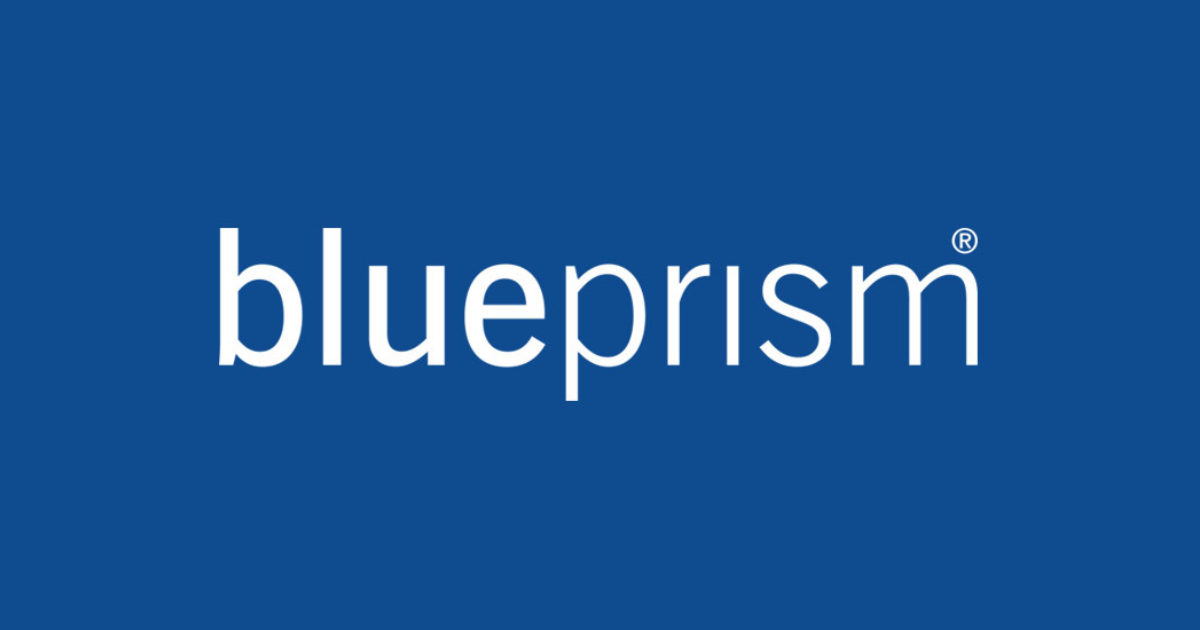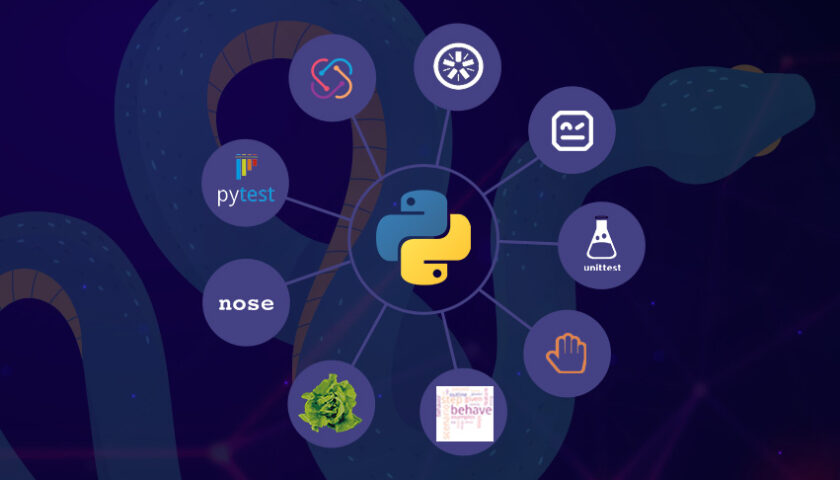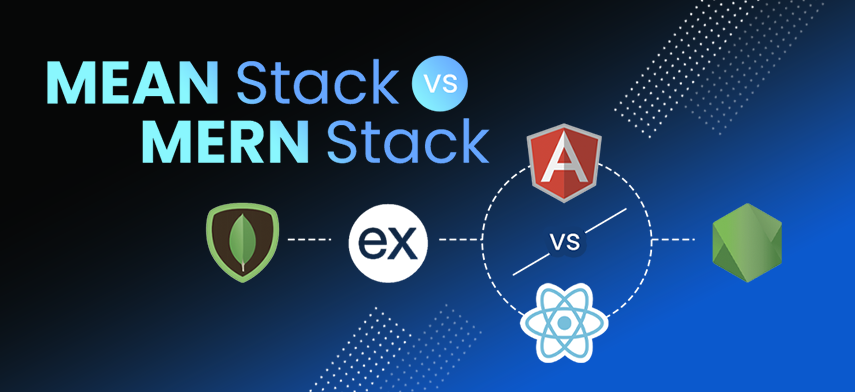Description
Introduction:
The “Continuous Integration and Testing with Jenkins” course is designed to provide participants with the skills and knowledge necessary to effectively use Jenkins for continuous integration (CI) and automated testing in software development. Jenkins is a widely-used open-source automation server that enables developers to build, test, and deploy applications continuously and efficiently.
This course covers the fundamentals of continuous integration and how to implement and manage CI/CD pipelines using Jenkins. Participants will learn how to configure Jenkins for automated builds, integrate testing frameworks, and streamline the development workflow. By the end of the course, participants will be equipped to set up and maintain a robust CI/CD pipeline, ensuring faster delivery of high-quality software.
Prerequisites:
- Basic understanding of software development and testing concepts.
- Familiarity with version control systems (e.g., Git).
- No prior experience with Jenkins is required, but some knowledge of automation tools and CI/CD concepts is beneficial.
Table of Content:
1: Introduction to Continuous Integration (CI)
1.1 What is Continuous Integration?
1.2 Benefits of CI in Software Development
1.3 Key Concepts and Terminology (Builds, Pipelines, Artifacts)
1.4 Overview of CI/CD Pipelines
2: Introduction to Jenkins
2.1 What is Jenkins and Why Use It?(Ref : Security Testing: Identifying Vulnerabilities in Applications)
2.2 Overview of Jenkins Features and Capabilities
2.3 Installing and Setting Up Jenkins
2.4 Navigating the Jenkins User Interface
3: Configuring Jenkins for Continuous Integration
3.1 Creating and Configuring Jenkins Jobs (Freestyle and Pipeline Jobs)
3.2 Setting Up Build Triggers (Polling, Webhooks)
3.3 Managing Jenkins Nodes and Executors
3.4 Configuring Build Environments and Tools
4: Integrating Version Control Systems
4.1 Integrating Jenkins with Git and GitHub
4.2 Configuring Source Code Repositories in Jenkins
4.3 Managing Branches and Pull Requests
4.4 Using Jenkins for Version Control Automation
5: Automating Builds and Deployments
5.1 Creating Build Jobs with Jenkins
5.2 Configuring Build Steps and Post-Build Actions
5.3 Handling Build Artifacts and Versioning
5.4 Implementing Deployment Strategies (e.g., Blue-Green Deployment)
6: Integrating Testing Frameworks
6.1 Introduction to Test Automation in Jenkins
6.2 Integrating Unit Testing Frameworks (JUnit, NUnit)
6.3 Configuring Test Reports and Notifications
6.4 Running Integration and Functional Tests in Jenkins
7: Managing Jenkins Pipelines
7.1 Introduction to Jenkins Pipelines and Their Benefits
7.2 Creating and Configuring Declarative Pipelines
7.3 Using Jenkinsfile for Pipeline Definitions
7.4 Implementing Complex Pipelines with Stages and Parallel Execution
8: Continuous Delivery and Deployment with Jenkins
8.1 Overview of Continuous Delivery (CD) and Deployment
8.2 Configuring CD Pipelines in Jenkins
8.3 Integrating Jenkins with Deployment Tools (e.g., Kubernetes, Docker)
8.4 Implementing Continuous Deployment Strategies
9: Monitoring and Maintaining Jenkins
9.1 Monitoring Jenkins Performance and Health
9.2 Managing Jenkins Security and User Access
9.3 Backing Up and Restoring Jenkins Configurations
9.4 Upgrading Jenkins and Plugins
10: Best Practices and Advanced Topics
10.1 Best Practices for Jenkins Configuration and Pipeline Management
10.2 Handling Multi-Branch Pipelines and Advanced Build Scenarios
10.3 Using Jenkins with Containerization and Cloud Platforms
10.4 Troubleshooting Common Jenkins Issues
11: Real-World Use Cases and Case Studies
11.1 Case Study: Implementing a CI/CD Pipeline for a Sample Project
11.2 Practical Application: Creating and Running Jenkins Pipelines
11.3 Analyzing Results and Optimizing Pipelines
11.4 Discussion of Industry-Specific Use Cases
Conclusion:
This training empowers participants to leverage Jenkins for robust Continuous Integration and Testing workflows, ensuring faster and more reliable software delivery. By mastering pipeline automation, tool integration, and best practices, attendees can streamline development processes, enhance collaboration, and maintain high-quality standards across software projects.
Reference







Reviews
There are no reviews yet.